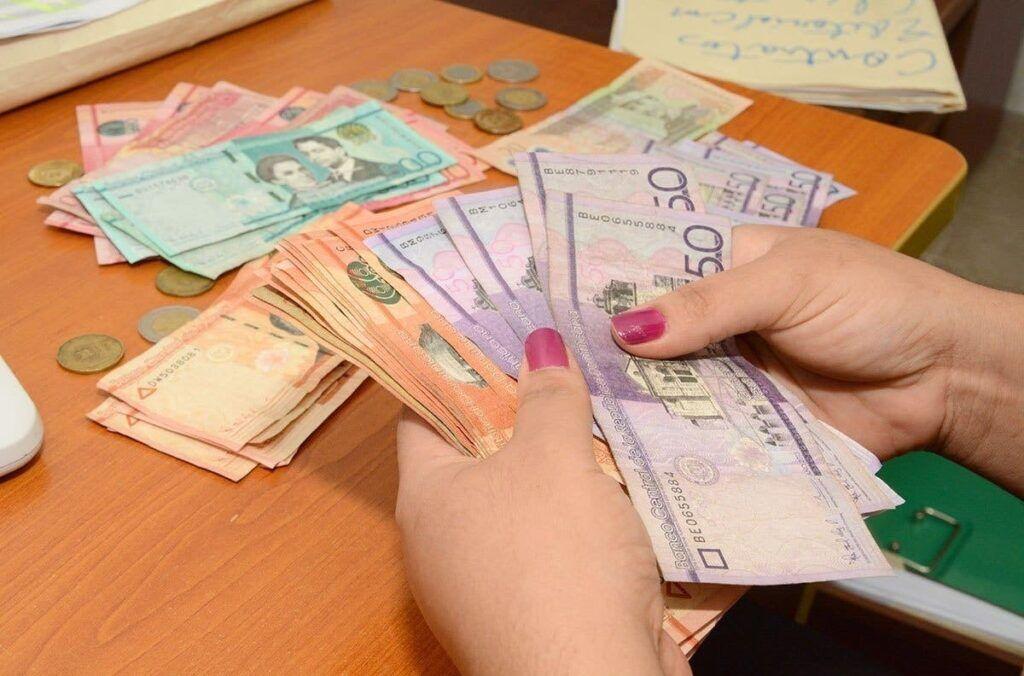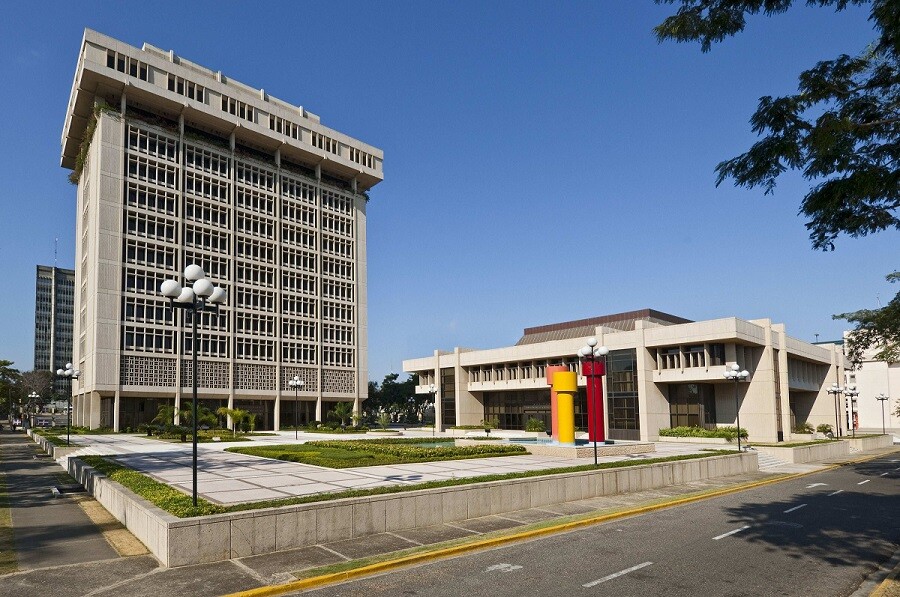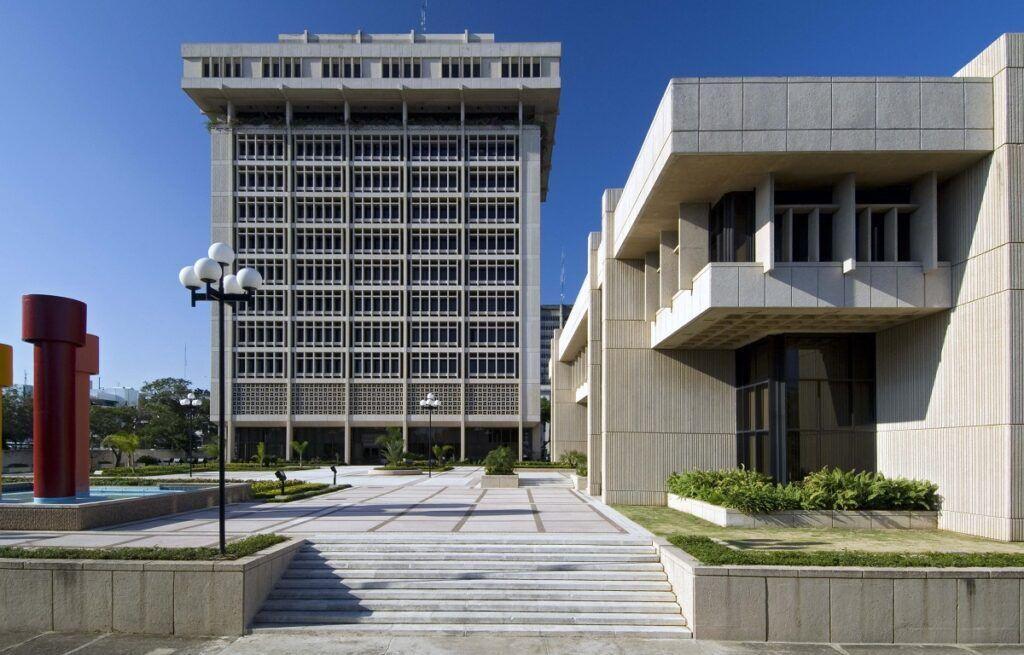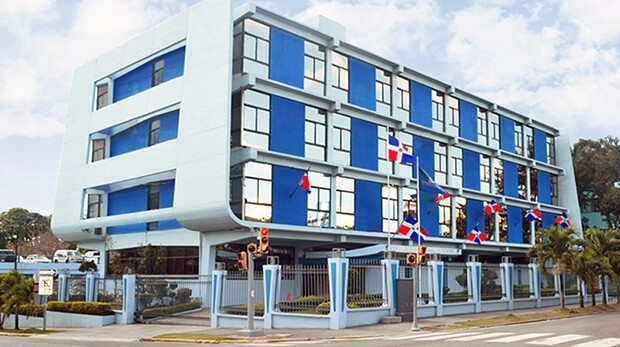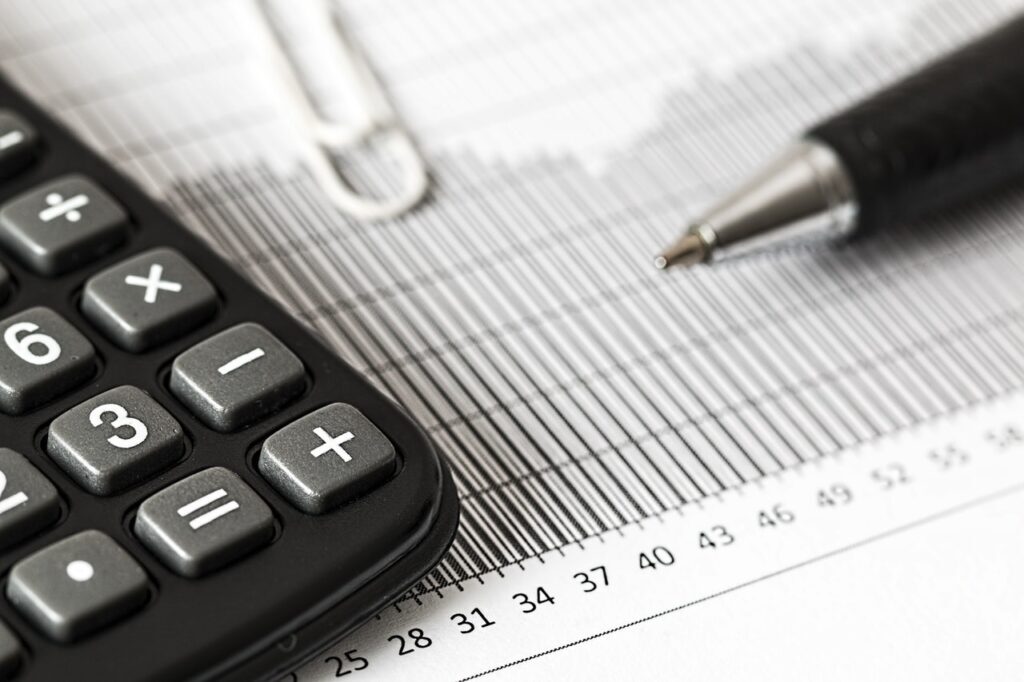Standard & Poor’s upgrades Dominican Republic’s credit rating
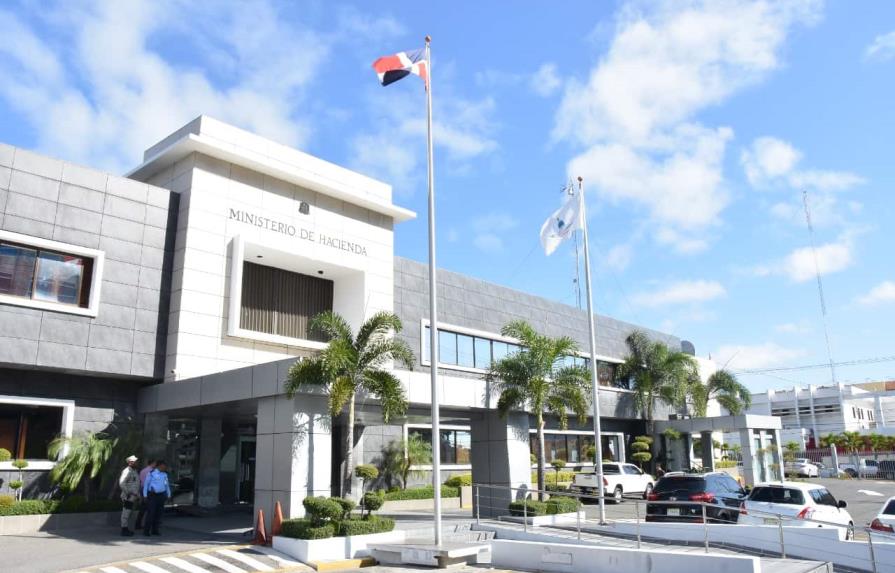
The risk rating agency Standard & Poor’s (S&P Global) improved the credit rating of the Dominican Republic, raising it from “BB-” to “BB”, thanks “to the good economic management that the Government has carried out, it has been the essential element” for the risk agency to improve the rating.
The report from the credit agency highlights that the Dominican economy exhibits a high rate of economic growth and resilience to external shocks. Additionally, it is mentioned that the economic recovery has allowed not only to exceed pre-pandemic levels but also to resume its long-term growth trend.
“Good coordination between the public and private sectors has helped to offset demand deficits resulting from the global economic slowdown and the conflict between Russia and Ukraine,” the document states.
Similarly, the firm highlights the improvement of the institutional framework in public administration, which is reflected in its ability to maintain high rates of economic growth, strengthening fiscal planning and public debt management.
The risk rating agency Standard & Poor’s (S&P Global) improved the credit rating of the Dominican Republic, raising it from “BB-” to “BB”, thanks “to the good economic management that the Government has carried out, it has been the essential element” for the risk agency to improve the rating.
The report from the credit agency, published this Monday, highlights that the Dominican economy exhibits a high rate of economic growth and resilience to external shocks. Additionally, it is mentioned that the economic recovery has allowed not only to exceed pre-pandemic levels but also to resume its long-term growth trend.
“Good coordination between the public and private sectors has helped to offset demand deficits resulting from the global economic slowdown and the conflict between Russia and Ukraine,” the document states.
Similarly, the firm highlights the improvement of the institutional framework in public administration, which is reflected in its ability to maintain high rates of economic growth, strengthening fiscal planning and public debt management.
However, Standard & Poor’s says that the country continues to face challenges in approving and implementing structural reforms (such as modifications to the tax system or the electricity sector). This weakness has contributed to the deterioration of public finances in the last two decades. Despite these delays in key reforms, the administration of President Luis Abinader, of the Modern Revolutionary Party (PRM), was able to advance some complementary measures.
“For example, he secured the approval of the Electricity Pact in 2021, dismantling the inefficient conglomerate of electricity companies and laying the foundations for a gradual increase in electricity rates, which were frozen for 10 years. He also strengthened the independence of the judiciary to combat corruption.
However, the government’s decision to postpone a long-standing tax reform and the temporary suspension of electricity rate hikes demonstrate deficiencies in its ability to take forceful and timely measures to strengthen public finances.
“We do not expect significant tax reform over the next two years, despite the government having a majority in both houses of Congress and great popularity,” the report says.
Although, he says there could be complementary measures to maintain investment-friendly policies and other measures to increase tax revenue and contain spending.

